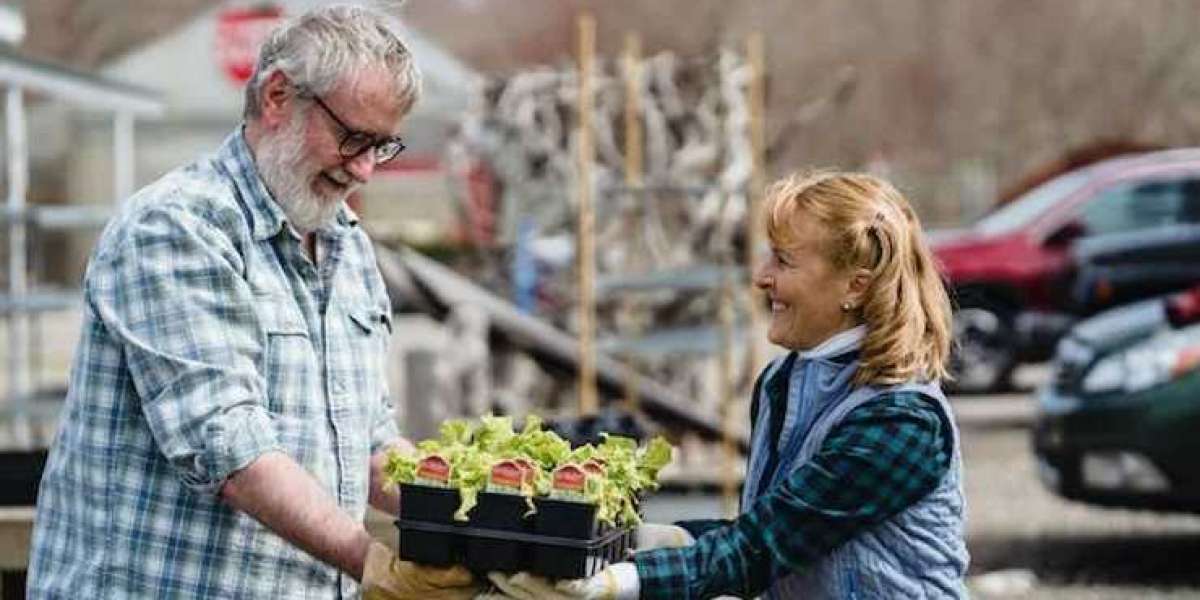Introduction:
In recent years, there has been a significant shift towards sustainable living and reducing plastic consumption. One area where this change is particularly evident is in the materials used for eco-friendly bags. From traditional plastic to innovative plant-based alternatives, the evolution of eco-bag materials reflects a growing commitment to environmental preservation. In this article, we'll explore the journey from plastic to plant-based materials, highlighting the benefits and advancements along the way.
The Rise of Eco-Friendly Bags:
With increasing awareness of the harmful effects of plastic pollution on the environment, consumers and businesses alike have been seeking alternatives to single-use plastic bags. This shift has led to the rise of eco-friendly bags made from a variety of materials, including recycled plastics, organic cotton, and biodegradable plastics.
Recycled plastics were among the first alternatives to traditional plastic bags. These bags are made from post-consumer recycled materials, such as plastic bottles, and help reduce the demand for new plastic production. While recycled plastic bags are an improvement over their conventional counterparts, they still pose challenges in terms of recyclability and environmental impact.
Organic cotton bags gained popularity as a natural and biodegradable alternative to plastic. Produced without synthetic pesticides or fertilizers, organic cotton bags are renewable and compostable at the end of their lifespan. However, concerns have been raised about the water and land resources required for cotton cultivation, highlighting the need for more sustainable options.
The Evolution to Plant-Based Materials:
Enter plant-based materials, the next frontier in eco-friendly bag innovation. Derived from renewable plant sources such as corn, potatoes, and sugarcane, these materials offer a promising solution to the environmental problems associated with traditional plastics. Plant-based bags can be biodegradable, compostable, and even carbon-neutral, making them an attractive choice for environmentally conscious consumers.
One of the most widely used plant-based materials for eco-bags is polylactic acid (PLA), a bioplastic derived from fermented plant sugars, usually cornstarch. PLA bags have similar properties to traditional plastic bags but are fully compostable under the right conditions, breaking down into natural components without leaving harmful residues. Additionally, PLA production has a lower carbon footprint compared to conventional plastics, further reducing environmental impact.
Another promising plant-based material is cellulose, extracted from renewable sources such as wood pulp or agricultural waste. Cellulose-based bags are biodegradable and offer comparable strength and durability to traditional plastics. Moreover, advancements in manufacturing techniques have made it possible to create cellulose-based materials with customizable properties, expanding their potential applications in eco-bags and beyond.
Benefits of Plant-Based Eco-Bags:
The transition from plastic to plant-based materials offers numerous benefits for both the environment and consumers. Firstly, plant-based eco-bags help reduce reliance on finite fossil fuel resources, contributing to a more sustainable future. By utilizing renewable plant sources, these bags support agricultural industries and promote biodiversity conservation.
Secondly, plant-based eco-bags offer superior end-of-life options compared to traditional plastics. Compostable materials can be returned to the soil as organic matter, closing the loop on the product lifecycle and minimizing waste. Biodegradable materials break down naturally over time, reducing the burden on landfills and marine ecosystems.
Furthermore, plant-based eco-bags provide consumers with a guilt-free alternative to single-use plastics. With growing concerns about plastic pollution and its impact on wildlife and human health, many individuals are actively seeking eco-friendly alternatives. Plant-based bags offer a practical and sustainable solution for everyday needs, from grocery shopping to carrying personal belongings.
Future Directions and Challenges:
While plant-based eco-bags represent a significant step towards sustainability, there are still challenges to overcome and opportunities for improvement. Innovations in material science and manufacturing processes will continue to drive the development of more environmentally friendly options. Researchers are exploring new plant sources, refining production techniques, and enhancing material properties to meet the growing demand for eco-friendly alternatives.
Additionally, education and awareness play a crucial role in fostering widespread adoption of plant-based eco-bags. Consumers need to understand the benefits of these materials and how to properly dispose of them to maximize their environmental impact. Businesses also have a responsibility to prioritize sustainability and offer eco-friendly options to their customers.
Conclusion
The evolution of eco-bag materials from plastic to plant-based reflects a growing commitment to environmental stewardship and sustainable living. By embracing renewable resources and innovative technologies, we can reduce our reliance on single-use plastics and create a healthier planet for future generations. Plant-based eco-bags offer a tangible solution to plastic pollution and empower individuals to make conscious choices that benefit both people and the planet.



